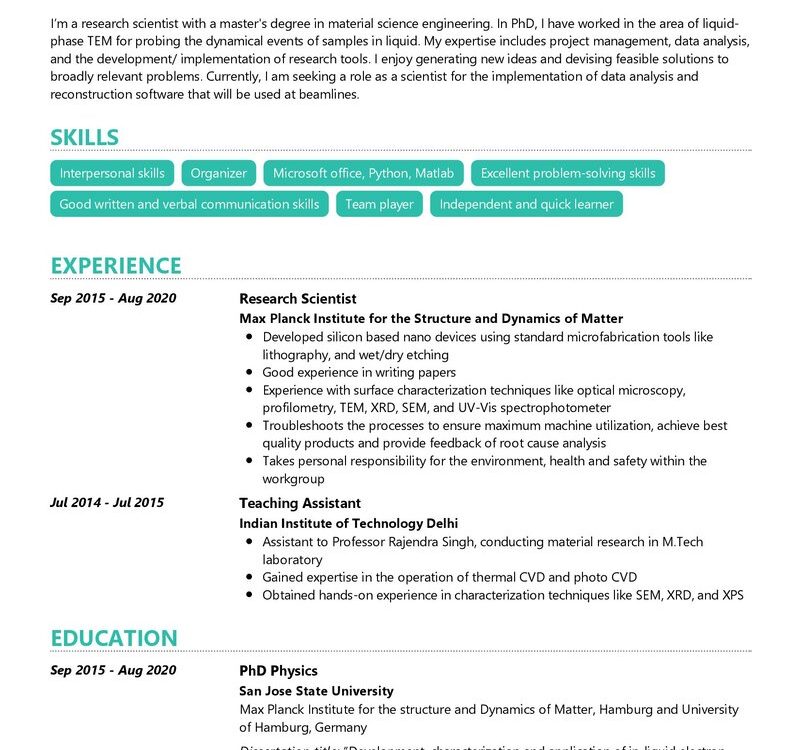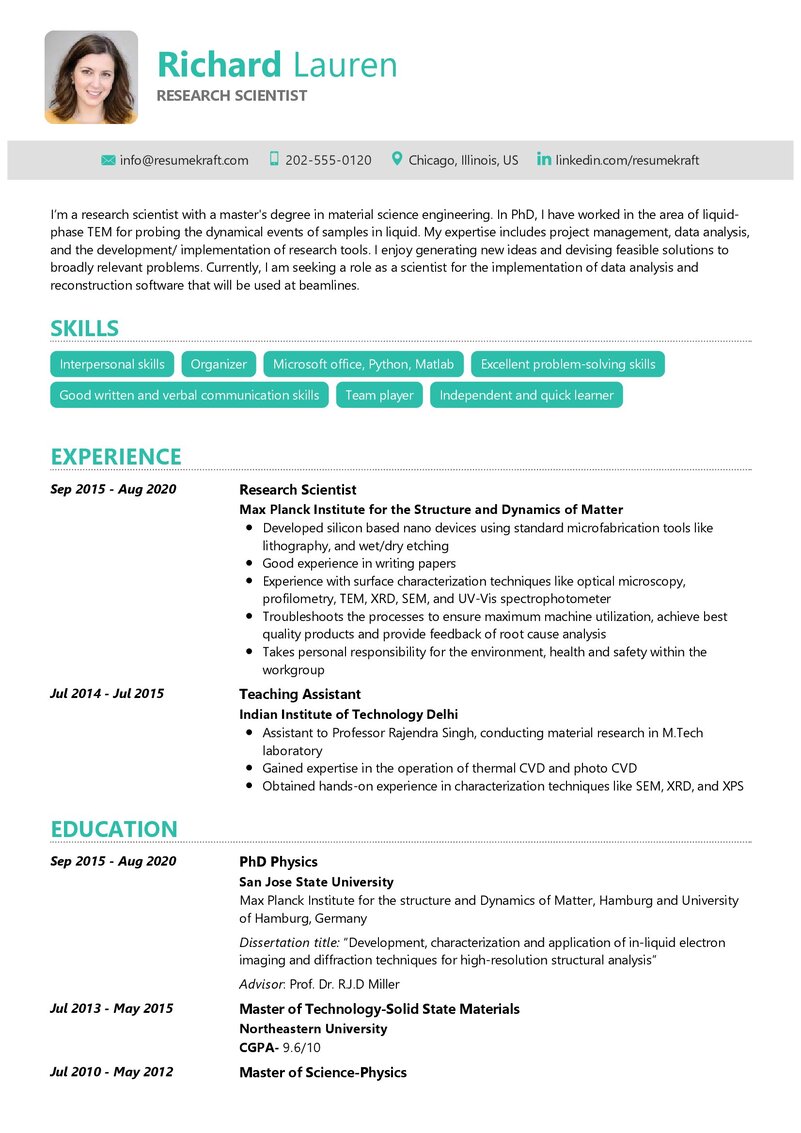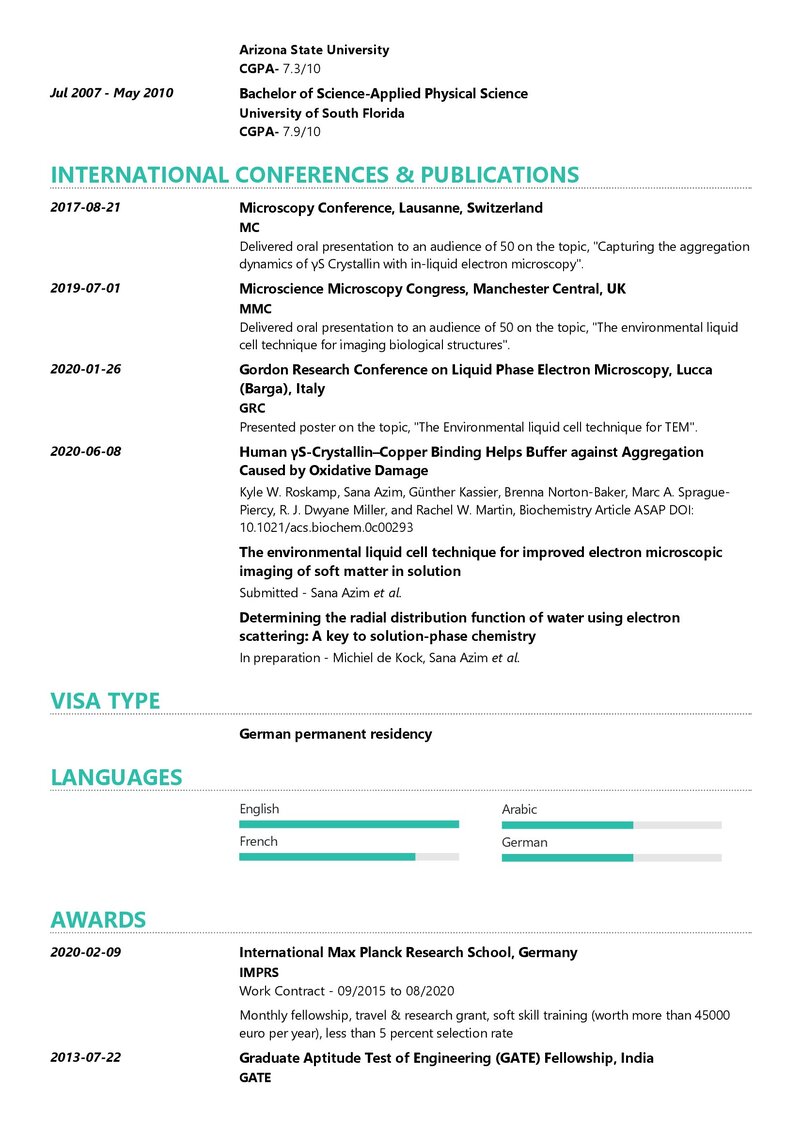What is the Role of a Research Scientist?
In the ever-evolving landscape of scientific research, the role of a Research Scientist is of paramount importance, serving as the driving force behind groundbreaking discoveries and innovations. A Research Scientist embodies the spirit of exploration, delving into the depths of various fields to unravel mysteries and uncover new knowledge. Let’s delve deeper into the multifaceted role of a Research Scientist, a position that demands a deep understanding of scientific principles coupled with the passion for pushing the boundaries of human knowledge.
A Research Scientist is entrusted with the responsibility of conducting in-depth research, experiments, and investigations to expand our understanding of the world around us. They play a pivotal role in the development of new technologies, the advancement of medical treatments, and the enhancement of various industries. Their work often involves rigorous data analysis, formulation of hypotheses, and designing experiments to test those hypotheses, all while adhering to ethical standards and best practices in their respective fields.
What are the Research Scientist Job Requirements?
Embarking on the journey of a Research Scientist demands not only a deep passion for discovery but also a solid foundation in the scientific domain. Let’s explore the prerequisites that one needs to fulfill to embrace the role of a Research Scientist:
- A Doctoral degree in a relevant scientific field, such as Physics, Chemistry, Biology, or related disciplines, reflecting a strong academic background and specialized knowledge in the field of interest.
- Extensive experience in research methodologies and experimental design, demonstrating the ability to conceptualize and execute complex research projects.
- Proficiency in data analysis and statistical tools, enabling the interpretation of experimental results and the identification of meaningful patterns and trends.
- Excellent written and verbal communication skills, essential for presenting research findings, writing scientific papers, and collaborating with other experts in the field.
- An innate curiosity and a passion for continuous learning, fostering a drive to stay updated with the latest advancements and methodologies in the field of research.
- Adherence to ethical guidelines and safety protocols, ensuring that all research activities are conducted in a responsible and transparent manner.
Securing additional certifications or specialized training in research methodologies and relevant technologies can provide an edge in the competitive scientific landscape.
What are the Responsibilities of a Research Scientist?
The role of a Research Scientist is an intricate tapestry woven with threads of scientific inquiry, critical thinking, and innovative problem-solving. Let’s uncover the core responsibilities that define this role, each responsibility contributing to the advancement of knowledge and the betterment of society:
- Designing and conducting experiments to explore hypotheses and advance scientific understanding in specific fields.
- Analyzing research data and interpreting results, drawing meaningful conclusions and implications for further study or practical applications.
- Writing and publishing research papers, contributing to the dissemination of knowledge and engaging in scholarly discussions within the scientific community.
- Collaborating with other scientists, researchers, and experts to exchange ideas, share resources, and collectively address complex scientific challenges.
- Securing funding for research projects through grant applications, showcasing the importance and potential impact of the proposed research.
- Mentoring and supervising junior researchers, fostering a culture of knowledge sharing and nurturing the next generation of scientific minds.
- Staying updated with the latest technological advancements and research methodologies, incorporating cutting-edge tools and techniques into research practices.
Each responsibility is a testament to the dedication and commitment required to advance the frontiers of human knowledge.
Research Scientist CV Writing Tips
As you embark on the journey to craft a CV that stands out in the pool of applications, remember that your CV is a reflection of your journey, your growth, and your aspirations. Here are some tips to help you narrate your story effectively through your CV:
- Highlight your significant research contributions, showcasing instances where your work has made a substantial impact in your field.
- Detail the methodologies and techniques you have used, highlighting your proficiency in cutting-edge research tools and practices.
- Include metrics or quantitative results, demonstrating the tangible outcomes of your research efforts in a measurable way.
- List any awards, honors, or grants received, underscoring the recognition of your contributions to the scientific community.
- Personalize your CV for the specific role or research position, emphasizing the alignment between your expertise and the requirements of the position.
Each tip is a brushstroke, helping you paint a comprehensive portrait that showcases your expertise and contributions as a Research Scientist.
Research Scientist CV Summary Examples
Your CV summary is the opening act of your research journey, setting the stage for what is to follow. It should be a powerful snapshot of your career, encapsulating your experiences, skills, and the value you bring to the scientific community. Here are some examples to inspire you:
- “Dedicated Research Scientist with over a decade of experience in molecular biology research, contributing to significant advancements in cancer treatment and diagnosis.”
- “Innovative Research Scientist specializing in materials science and nanotechnology, recognized for developing groundbreaking applications in renewable energy technology.”
- “Passionate Research Scientist with a proven track record in neuroscience research, dedicated to unraveling the complexities of the human brain and its functions.”
Each summary is a window to your research career, offering a glimpse of your journey, your strengths, and your vision as a Research Scientist.
Create a Strong Experience Section for Your Research Scientist CV
Your experience section is the heart of your CV, pulsating with the rich experiences you have gathered over the years. It is a space where you narrate your research career story, highlighting the milestones and the learning. Here are some examples to guide you:
- “Led a team of researchers in a groundbreaking project focused on developing a novel drug delivery system, resulting in a published paper in a renowned scientific journal and a patent application.”
- “Pioneered research in a collaborative project exploring the applications of artificial intelligence in biotechnology, presenting findings at international conferences and securing significant research grants.”
- “Developed and executed research protocols for a longitudinal study on the effects of environmental factors on genetic expression, contributing to a deeper understanding of the interplay between genetics and the environment in human health.”
Each experience is a chapter in your research career book, narrating tales of challenges met, solutions found, and groundbreaking discoveries.
Sample Education Section for Your Research Scientist CV
Your educational journey is the foundation upon which your research career stands. It is a testimony to your knowledge, your expertise, and your commitment to learning. Here’s how you can list your educational milestones:
- Doctor of Philosophy in Biomedical Engineering, XYZ University, a journey of deep research and specialization, 2014.
- Master of Science in Chemistry, ABC University, the cornerstone of your research career, 2010.
- Postdoctoral Research Fellowship in Neuroscience, DEF Institute, a crucial step in your research journey, 2015.
Each educational qualification is a stepping stone, leading you to the pinnacle of success in your research career.
Research Scientist Skills for Your CV
Your skill set is your toolbox, equipped with a diverse range of tools that you have honed over the years. It is a showcase of your abilities, both innate and acquired. Let’s list down the essential skills that a Research Scientist should possess:
Soft Skills:
- Critical thinking and problem-solving abilities, essential for designing and executing complex research projects.
- Communication and collaboration skills, necessary for effectively conveying research findings and working with interdisciplinary teams.
- Attention to detail and meticulousness, crucial for maintaining accuracy and precision in all research activities.
- Adaptability and resilience, enabling you to navigate through the challenges inherent in the research process.
Hard Skills:
- Expertise in research methodologies and experimental design, a foundation for conducting rigorous and systematic research.
- Proficiency in data analysis and statistical tools, facilitating the interpretation of complex data sets and the identification of meaningful patterns.
- Familiarity with laboratory equipment and techniques, ensuring the safe and efficient execution of experiments and procedures.
- Knowledge of grant writing and research funding processes, vital for securing financial support for research endeavors.
Each skill is a tool, aiding you in making meaningful contributions to the world of scientific research and discovery.
Most Common Mistakes to Avoid When Writing a Research Scientist CV
As you craft your CV, it is essential to steer clear of common pitfalls that can hinder your journey to securing your dream research position. Here we list down the mistakes often seen in CVs and how to avoid them:
- Using a generic CV template, a strategy that fails to highlight your unique contributions and experiences in the field of research.
- Providing vague descriptions of research projects, a practice that undermines the impact and significance of your contributions.
- Forgetting to tailor your CV for specific research positions, missing the opportunity to showcase your alignment with the requirements of the role.
- Overemphasizing technical skills without highlighting soft skills, a tactic that overlooks the importance of teamwork and communication in the research process.
- Neglecting to proofread your CV, a mistake that can create a negative impression and detract from your professional image.
Each mistake is a pitfall, avoid them to craft a CV that effectively communicates your research expertise and contributions.
Key Takeaways for Your Research Scientist CV
As we reach the end of this comprehensive guide, let’s recap the key points to keep in mind while crafting your Research Scientist CV:
- Highlight the impact of your research contributions, emphasizing the significance of your work in advancing scientific knowledge.
- Showcase your proficiency in research methodologies and data analysis, underscoring your ability to conduct rigorous and meaningful research.
- Detail your collaboration and communication skills, demonstrating your ability to work effectively in interdisciplinary research teams.
- Include information about your successful grant applications and secured research funding, highlighting your ability to secure financial support for your research endeavors.
Finally, feel free to utilize resources like AI CV Builder, CV Design, CV Samples, CV Examples, CV Skills, CV Help, CV Synonyms, and Interview Preparation to create a standout application and prepare for the Research Scientist job interview.



